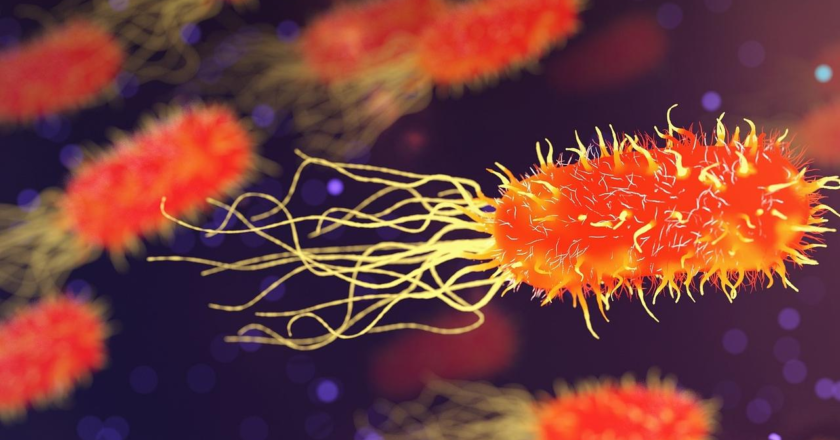Amoebae from Mumbai creek harbour bacteria with high AMR risk
Free-living amoebae in Vashi Creek, a tidal estuary in Mumbai, were found to harbour bacteria which had far higher levels of antimicrobial resistance (AMR), according to a global study, including researchers from the Institute of Technology (IIT) Bombay.
The study, conducted by researchers at the University of Strathclyde in Scotland, noted that the amoebae are acting as a ‘Trojan horse’ harbouring and protecting multidrug-resistant bacteria.
Nearly half of the bacteria in the amoeba were resistant to four or more antibiotics, rising to six or more in 22 per cent of the samples. In marked contrast, the same level of resistance was found in only 0.6 per cent of samples derived from the sediment.
While they are normally predators of bacteria, amoebae could serve as “sentinel indicators” ...










